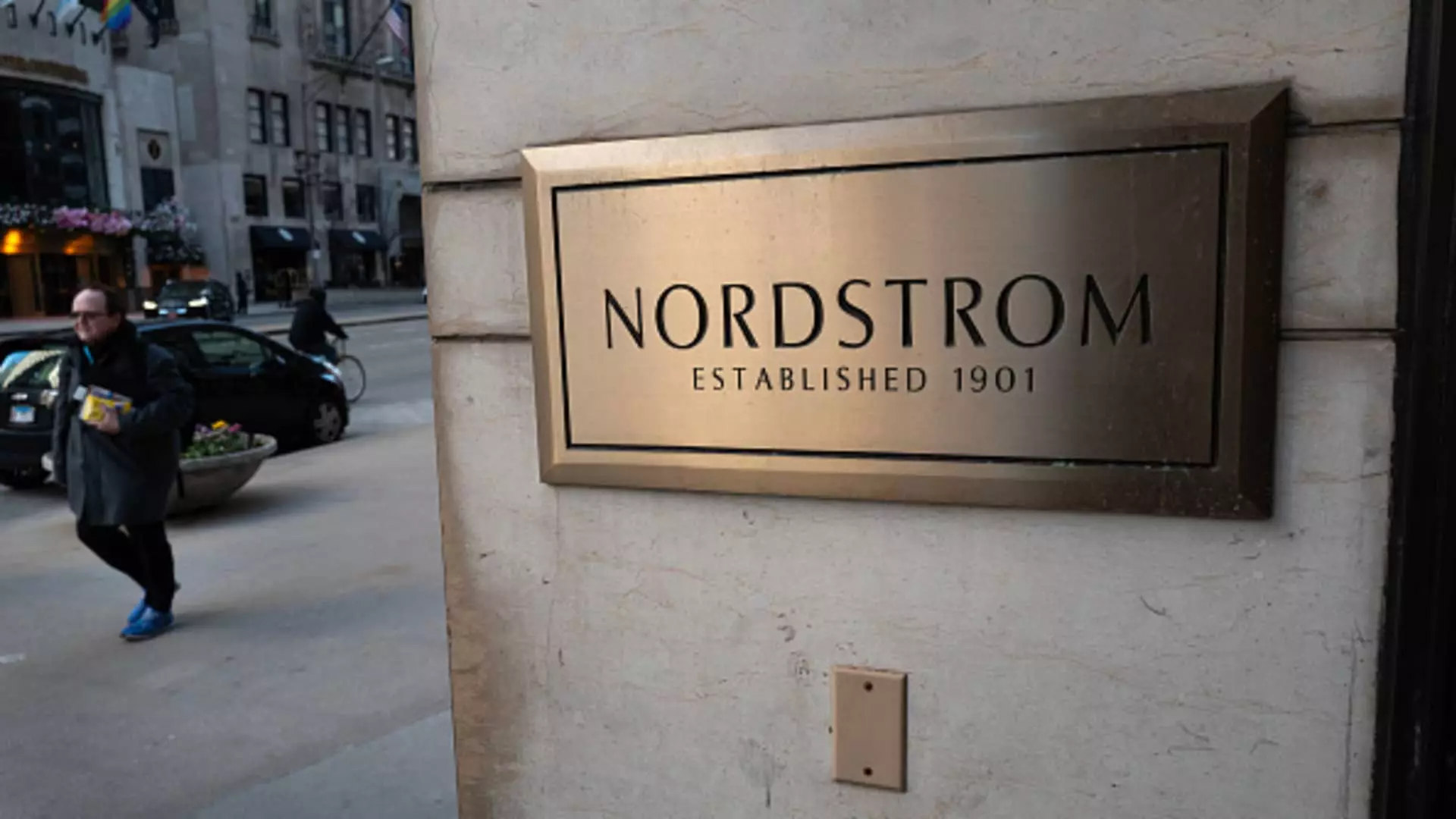In a significant shift for the iconic American retailer, Nordstrom has announced its transition to private ownership following an agreement for a buyout deal estimated at $6.25 billion. The deal marks the end of an era of public trading and is primarily backed by Nordstrom’s founding family, who will retain a majority stake of 50.1%, while Mexican retail giant El Puerto de Liverpool will control the remaining 49.9%. This strategic transaction has obtained unanimous approval from the company’s board of directors, with an anticipated completion by the first half of 2025. For existing shareholders, this translates to a reasonably set price of $24.25 per share, a calculated move indicating the family’s commitment to revitalizing the brand.
Founded over a century ago as a humble shoe store in 1901, Nordstrom has undergone vast transformations, evolving into a well-known department store brand with numerous locations. However, this is not the company’s first venture into privatization; a prior attempt in 2018 did not materialize, suggesting that such efforts are complex and loaded with challenges. The recent buyout talks gained momentum earlier in the year which allowed shares to rally, reflecting investor curiosity and a degree of optimism about the company’s future. The looming transaction aims to provide greater flexibility to Nordstrom’s operations, allowing it to make long-term strategic decisions unencumbered by public market pressures.
Nordstrom’s CEO, Erik Nordstrom, has articulated a vision grounded in the company’s long-standing ethos: to help customers feel confident and well-dressed. His optimistic outlook on the buyout underscores a desire to foster growth while navigating a competitive retail landscape. This shift to private ownership may enable Nordstrom to innovate more freely, aligning product offerings and marketing strategies with evolving consumer preferences without worrying about quarterly earnings reports. However, this assertion comes at a time when the luxury retail sector is grappling with changing consumer behaviors, with customers increasingly selective amid economic pressures.
Despite the positive sales forecast for the third quarter of the fiscal year, analysts warn that the company may struggle during the holiday season, which is pivotal for retailers. Industry giants like Walmart and Target have reported that consumers are becoming more discerning, carefully weighing their expenditures on non-essential items. This trend signifies more profound challenges for Nordstrom, which has historically prided itself on luxury offerings. As the company enters this new era, the executive leadership will need to adapt strategies and address consumer sentiment effectively to remain relevant in a challenging retail environment.
Nordstrom’s decision to transition to a privately-held entity signals a decisive moment in its long history. With the interplay between family ownership and strong corporate partnership with El Puerto de Liverpool, the company is poised for a recalibration that could redefine its market presence. The commitment to enhancing customer experience combined with more agile operational strategies may become hallmark traits of this new chapter. Thus, the path ahead will be closely monitored by industry watchers eager to see how Nordstrom adapts and thrives amidst ongoing retail evolution.


Leave a Reply